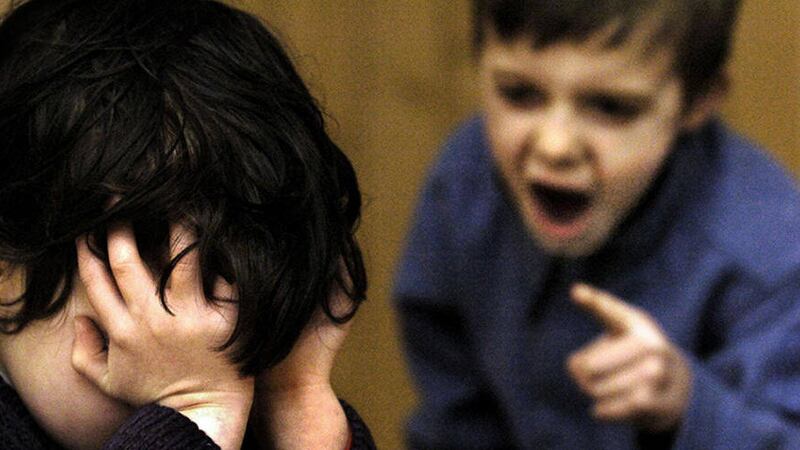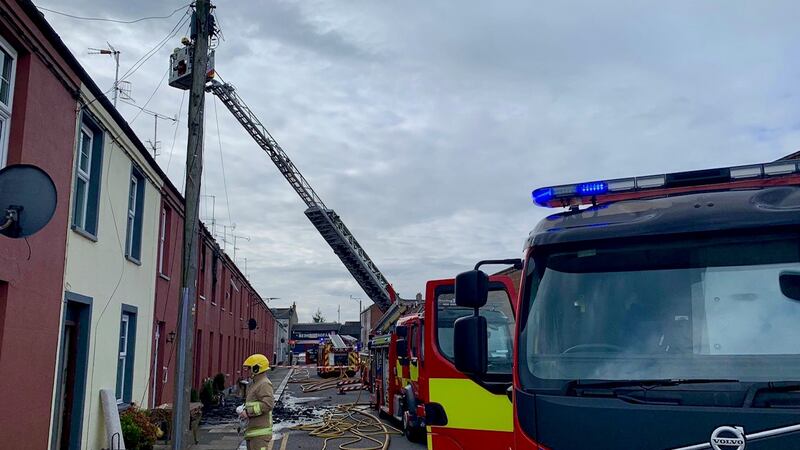The true scale of bullying in schools is to be exposed by new legislation to come before Stormont.
For the first time, schools will be ordered to record all incidents.
There is currently no requirement to report every occurrence, and no detailed figures for primary or secondary schools exist.
While there are about 200 suspensions every year for bullying, the full extent of the problem is said to be much greater.
The Department of Education (DE) only undertakes periodic research into the bullying experiences of pupils.
It has been four years since any effort was made to determine how widespread bullying is, and that study only involved a small sample.
Now, education minister John O'Dowd is to table an anti-bullying bill at Stormont, which will demand that all schools monitor and record incidents.
His department collates annual statistics on the total number of suspensions and expulsions at schools, including those occurring as a result of bullying.
In the 2013/14 academic year, there were 179 instances of pupil-on-pupil bullying that were dealt with by suspension, the lowest total in a decade.
However, the figures only analyse the recorded cause for suspensions or expulsions and do not distinguish between primary and post-primary schools.
The bill, to be introduced in September, will include a requirement for all grant-aided schools to centrally record complaints, the motivating factors behind the behaviour and the actions taken by the school in addressing each complaint.
Lee Kane from the Northern Ireland Anti-Bullying Forum said many schools are already recording incidents.
"Suspensions only tell a very small part of the story. It would have to be a very high level, risk of harm situation to end up with a suspension," he said.
"Every child in every school in Northern Ireland should be getting the same message, that bullying is unacceptable."
The bill will also provide a common definition of bullying and a requirement for each board of governors to designate one or more members with specific responsibility for anti-bullying policies and their implementation within the school.
Mr O'Dowd said a "paucity of reliable, quantitative data on bullying" hindered each school's ability to monitor the problem and assess the effectiveness of their policies in addressing it.
"It also hinders the ability of DE to monitor the true scale and nature of the problem, identify emerging trends and ensure appropriate policies are in place to respond to this difficult issue," Mr O'Dowd said.
"I have, therefore, included a requirement for all grant-aided schools to monitor and record bullying incidents as part of an anti-bullying bill which I will soon be introducing to the assembly."








